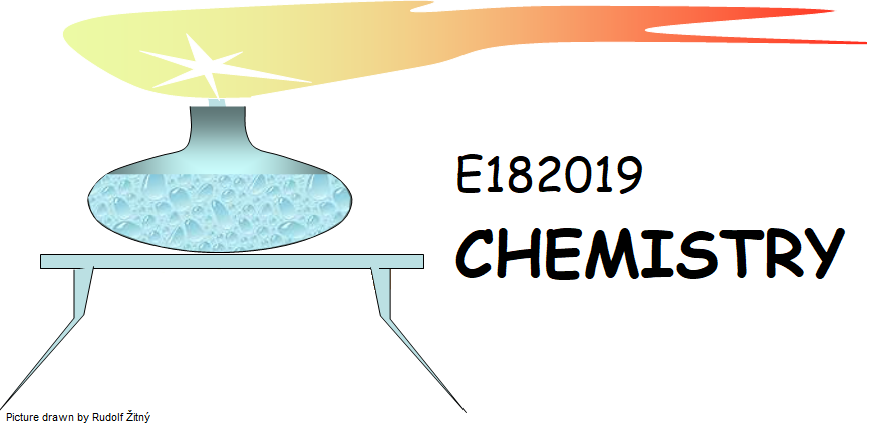
General chemistry from the point of view of mechanical and process engineering. Physical chemistry forms 2/3 of the course (structure and properties of matter, thermodynamics, phase equilibrium, chemical reactions, reaction engineering), the remaining 1/3 is devoted to inorganic chemistry (industrial applications), electrochemistry (galvanic cells, electrolysis, corrosion processes), organic chemistry (hydrocarbons, polymers) and biochemistry (proteins, sugars, lipids, RNA+DNA, metabolism). Laboratory practice is oriented upon the material properties measurement.
- Učitel: Štancl Jaromír